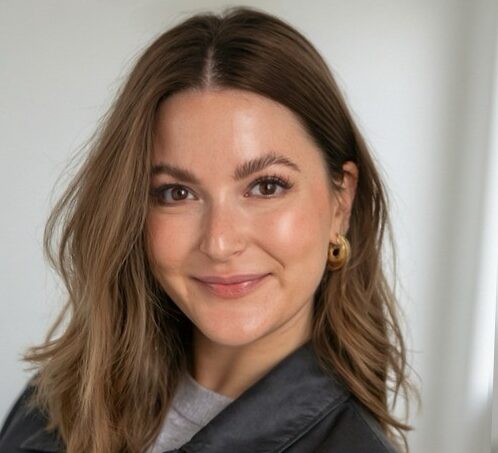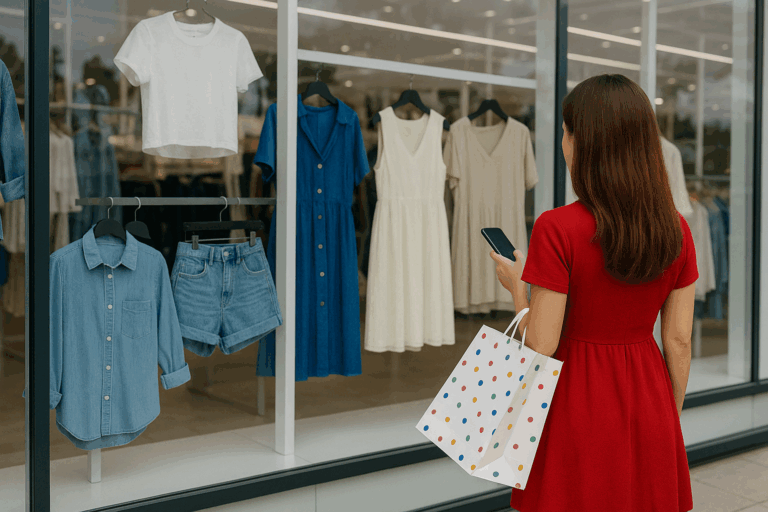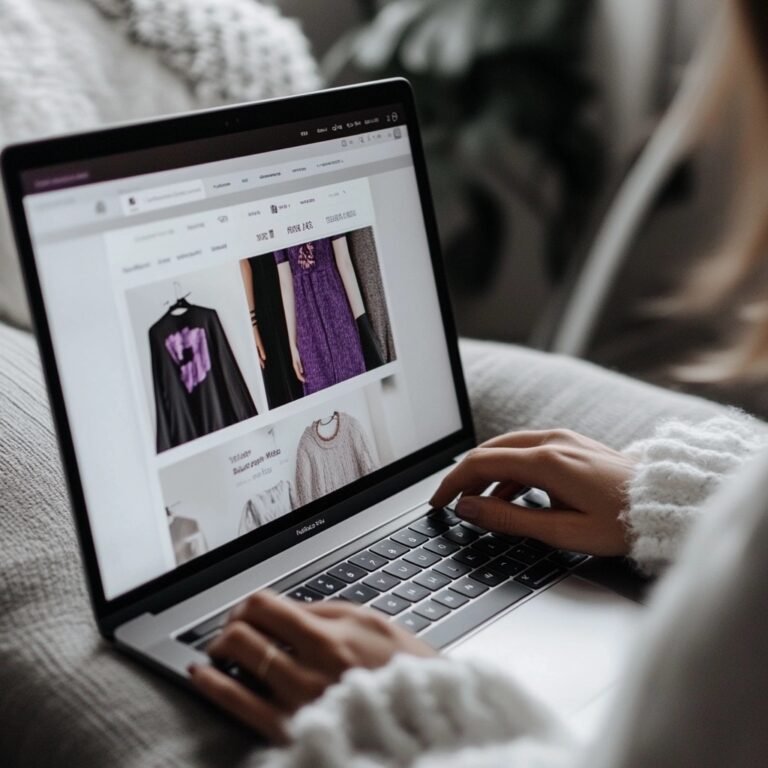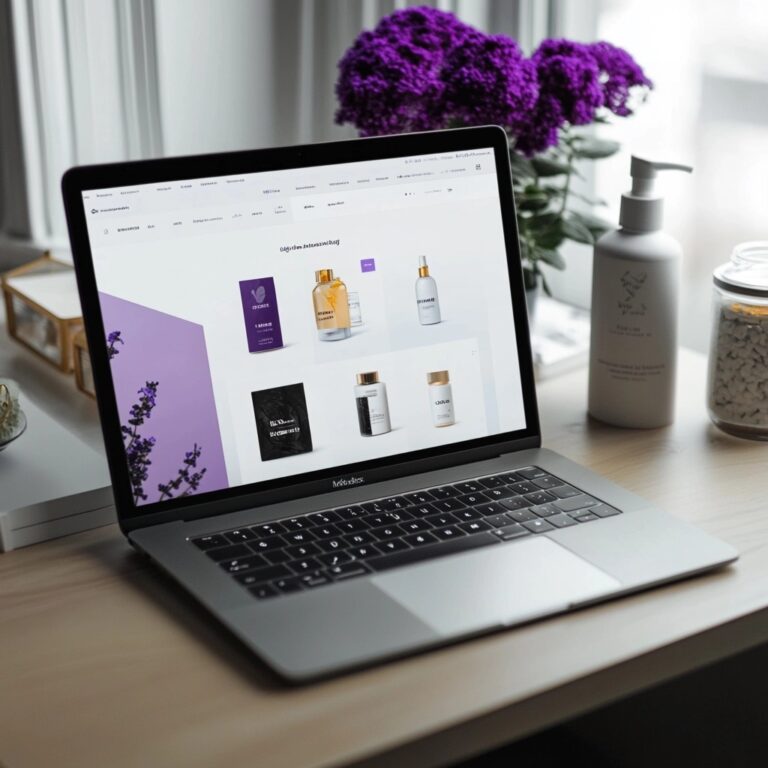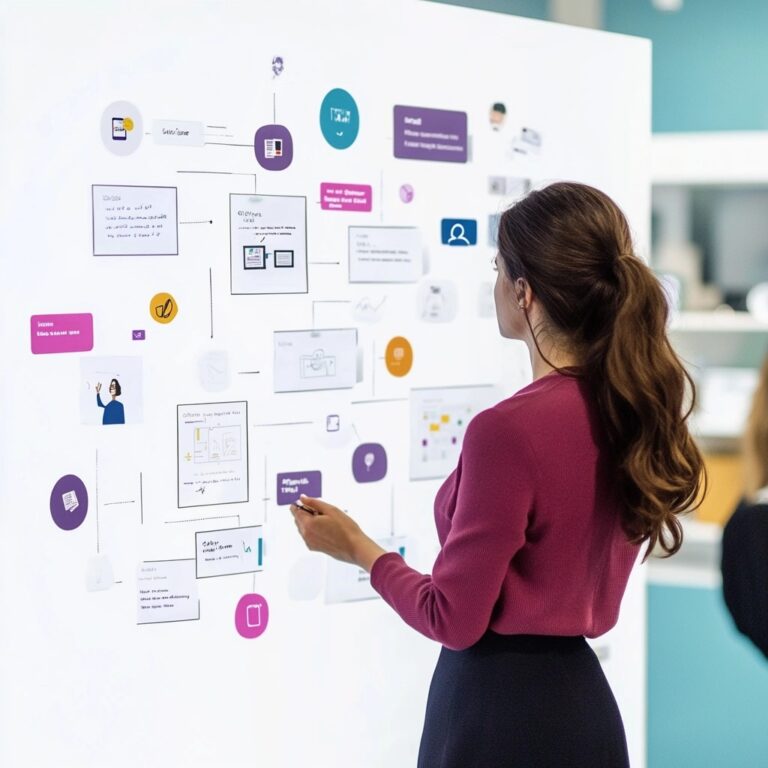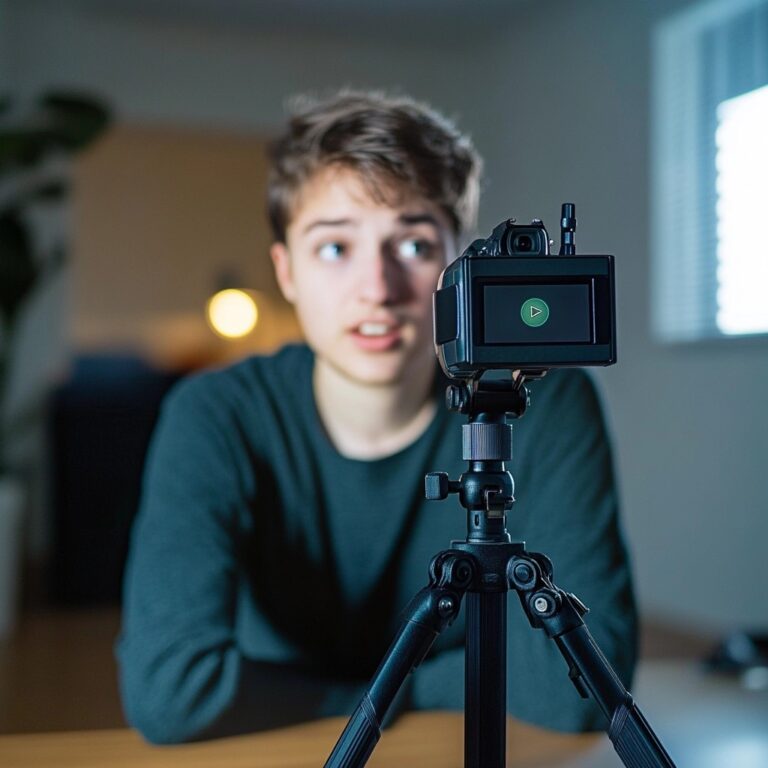The Power of AI in Beauty Marketing: Personalization, Predictive Analytics, and Beyond
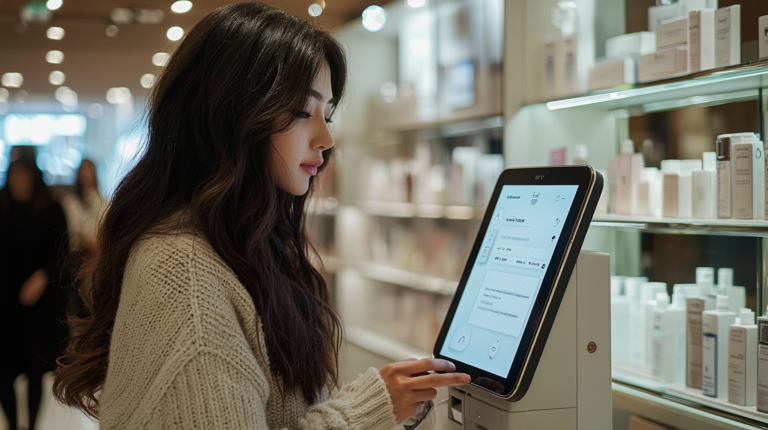
- 1. Hyper-Personalization: The New Standard in Beauty Marketing
- 2. Predictive Analytics: Smarter Decision-Making
- 3. Content Creation and Automation: Efficiency Without Sacrificing Quality
- 4. The Ethical and Strategic Considerations of AI in Beauty
- 5. Embracing the AI-Driven Future of Beauty Marketing
AI is no longer just a trend—it’s a core component of beauty marketing strategies. From hyper-personalized experiences to predictive analytics and automated content creation, AI is empowering beauty brands to be more agile, data-driven, and customer-centric.
Nicollette Guido, Senior Account Director of Growth Marketing at Power Digital, offers expert insights into how AI is redefining beauty marketing.
Hyper-Personalization: The New Standard in Beauty Marketing
Personalization has always been a cornerstone of beauty marketing, but AI is taking it to new heights by tailoring customer experiences at scale.
Virtual Try-Ons and Personalized Consultations
AI-powered virtual try-ons and skin assessments are also transforming the customer experience. Beauty giants like L’Oréal and Sephora are using augmented reality (AR) with AI to let consumers “try on” makeup or receive personalized skincare recommendations online.
Guido highlights the growing demand for this level of customization:
“AI-powered virtual consultations and shade-matching tools give them that high-touch, customizable experience, but with the convenience of a few clicks on their desktop or mobile device.”
Proactive Customer Support
AI-powered chatbots and virtual assistants are also improving customer service. These tools can handle routine inquiries, recommend personalized products, and offer tailored assistance 24/7. Consumers expect instant, accurate answers—and AI ensures brands can deliver that at scale.
Predictive Analytics: Smarter Decision-Making
AI’s ability to analyze massive data sets in real time is helping beauty brands make more informed marketing decisions. Predictive analytics is enhancing everything from trend forecasting to inventory management.
Trend Prediction and Product Development
AI is helping beauty brands stay ahead of trends by analyzing online search behavior, social media conversations, and purchasing patterns. This allows companies to identify and capitalize on emerging trends faster.
By leveraging predictive analytics, beauty brands can also develop products that align with emerging consumer preferences, giving them a competitive edge.
Inventory and Demand Forecasting
AI-powered forecasting is also helping beauty brands optimize their inventory. By analyzing sales data and predicting demand fluctuations, brands can reduce overstocking and avoid sellouts.
“Inventory planning used to be reactive,” Guido notes. “Now, AI lets brands predict demand with precision—especially for limited-edition or seasonal beauty drops. That’s a game-changer for both profitability and customer satisfaction.”
Content Creation and Automation: Efficiency Without Sacrificing Quality
AI is also transforming the creative process, enabling beauty brands to scale their content efforts without sacrificing quality.
AI-Generated Creative Assets
According to Guido, AI-powered tools are making creative production faster and more efficient:
“Now it is so easy to generate multiple ad variations—different copy, CTAs, and visuals—in minutes. That level of efficiency allows us to A/B test faster and optimize campaigns on the fly.”
Beauty brands are using AI to create dynamic ad content, personalized product descriptions, and even email copy, all tailored to individual audience segments.
The Ethical and Strategic Considerations of AI in Beauty
While AI offers tremendous opportunities, Guido stresses the importance of ethical and strategic implementation.
“You can’t just plug in AI and hope for the best,” she warns.“It needs to be purposeful. You have to continually test, refine, and validate the outputs to ensure they align with your brand voice and strategy.”
Transparency and data privacy are also critical. Beauty brands must be clear about how they use customer data and maintain compliance with privacy regulations.
Embracing the AI-Driven Future of Beauty Marketing
Beauty brands that leverage AI to personalize experiences, anticipate trends, and automate marketing efforts will not only gain a competitive edge but also deepen customer loyalty. With AI, the future of beauty marketing is smarter, more dynamic, and more impactful than ever before. Ready to learn more? Contact Power Digital today!
Our Editorial Standards
Reviewed for Accuracy
Every piece is fact-checked for precision.
Up-to-Date Research
We reflect the latest trends and insights.
Credible References
Backed by trusted industry sources.
Actionable & Insight-Driven
Strategic takeaways for real results.

